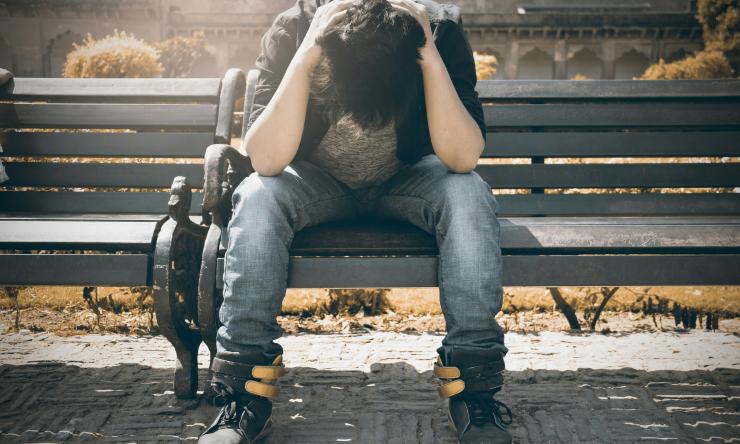Coping with abrupt loss after natural disasters
The abrupt loss of a home due to a natural disaster such as wildfires and other events beyond one’s control can leave people feeling hopeless. A Baylor College of Medicine expert gives advice on ways to cope with these kinds of tragedies and shares some ways others can provide support to those impacted.
“Homes and everything inside them are much more than just material things; they are possessions and memories that have great sentimental and emotional value,” said Dr. Eric Storch, professor and vice chair of psychiatry and behavioral sciences and vice chair of psychology in the Menninger Department of Psychiatry and Behavioral Sciences at Baylor. “The loss of these connections and the inability to replace them can take a serious emotional toll on people.”
Storch says those enduring these losses deserve time to practice self-compassion. Sudden disasters are difficult; however, a sense of community can ease the pain of recovery. In time, affected parties should look to practicing new traditions and collecting new sentimental items to get through the next steps of recovery, which may include dealing with insurance companies or even starting a new life elsewhere.
Communities, especially when comprised of those who experienced the same disaster, can provide a support network for repairing physical and emotional damage. They prevent isolation, which can greatly hinder one’s ability to overcome tribulations. A close-knit network of friends and neighbors also is a great way to share information and resources and can provide clarity on next steps after a disaster.
“A sense of empathy fostered by a community that is struggling together and working together can be a powerful thing,” Storch said.
Many people who have not been impacted by disaster may want to step up to help those in need. Storch says the best way to help is by first finding out what you can do. If you are local to the disaster, consider volunteering with local disaster relief agencies, and if you live far away, look into the ways you can donate money or resources. If you want to donate money or supplies, ensure that the organization you are giving to is vetted and has a track record of providing disaster recovery support. Storch also says generosity does not exclusively have to be based in monetary gifts. Actions like opening your house to others or providing meals to those in need can mitigate emotional turmoil.
Grief can manifest in many ways; however, there are some signs that may indicate longer-term mental healthcare is needed. People affected by disasters may experience loss of regular sleep, physical complaints or a disrupted eating schedule. Children may exhibit behaviors such as a reluctance to sleep alone or separate from parents, waking up at night or having nightmares and a desire to be attached to parents more often.
“Having a grief-based reaction to losing so much that is important is completely normal,” Storch said. “Taking the time to engage in some form of self-care and with the communities around you can help close the chapter on this part of one’s life and gradually move onto the next.”










